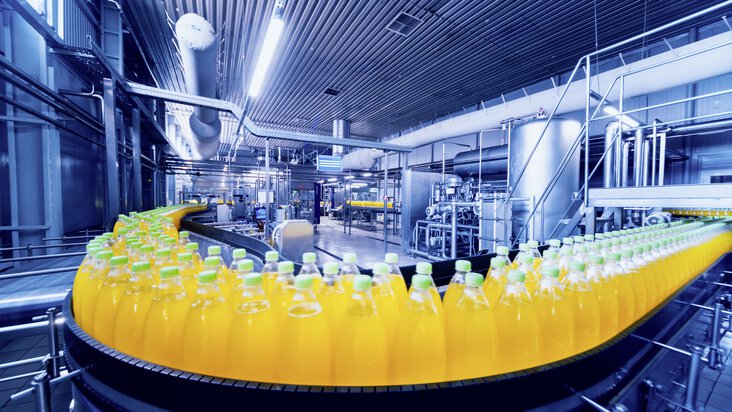

A new definition of the craft of making espresso
STRIETMAN is a company that develops and designs coffee-related products for the domestic market. Founded by Wouter Strietman. The products excel in quality and and craftsmanship and are built to last. The espresso machines are manufactured in the Netherlands on a small scale and are equipped with temperature emonitoring by JUMO.
Task
Perfection, simplicity and transparency were the foundation in its development. The art of Strietman has reduced the art of coffee making to its true essence. Anyone who values quality sustainability in technology and is looking for the optimal taste experience, is at the right address with Strietman. The technique of making the perfect espresso has been simplified and made visible by the company. The machines are operated by hand. For complete quality control, the user can rely on the judgment of their own senses.
Controlling the extraction process
While most machines for extracting espresso have complicated electromechanical systems on board, Strietman uses a simple and robust lever mechanism. This technique, developed in post-war Italy, gives the user absolute control over the brewing process. The coffee bean is a natural product and as such is subject to change. Making the perfect espresso means a constant interaction between coffee bean grinder and the espresso machine. Looking at Strietman's CT2 machine it becomes clear that nothing is hidden from view. The open boiler displays the hot water and the filter tray contains the ground coffee. After the filter carrier is attached to the machine, one simply raises the lever. Once at the top, a slight counterpressure is enough to start the extraction process. If, during the brewing process, the coffee comes out a little slower than intended, the brewing process by applying a little more force to the lever. By adjusting the grinder to a coarser may reveal a new flavor nuance in the stronger concentrate.
Strietman uses JUMO temperature monitoring and a special bimetal technology
Solution approach
Ideal brewing temperature
In addition to the controls, the water temperature of Strietman espresso machines is easily adjustable. This is very handy, as an Ethiopian coffee bean may be tastiest when brewed at 88 °C, while a robust Brazilian may sometimes be best extracted at 94 °C.
The temperature of Strietman machines remains within a 3 °C range, so the ideal brewing temperature will never vary by more than -1.5 °C/+1.5 °C. To monitor and maintain the correct temperature, Espresso Strietman uses various techniques. For example, the company uses temperature monitoring from JUMO and a special bimetal technique developed by Falk Culinair.
Bimetal technology
When water has high acidity it will react with the copper, this can leave oxidation and solvents. To prevent this, Espresso Strietman provides the espresso machines with a stainless steel inner dome and stainless steel cylinder wall. The bimetal was developed by Falk Culinair (B) and consists of a heavy copper plate on which a 200 micron (0.2 mm) fine layer of stainless steel is anchored with a pressure of 850 ton/cm².

EM-1 thermostat

Logo Strietman
Project Result
For temperature monitoring, Strietman uses the JUMO EM-1 thermostat. With this, the user of the espresso machine is assured of continuous monitoring of the system. If the pre-set maximum or minimum water temperature is reached, the JUMO
EM-1 thermostat, which is approved according to DIN EN 14597, switches the Espresso Strietman machine on or off. To ensure reliability, safety and durability, Strietman gives priority to CE certification, which means that each machine complies with the European standards
for such equipment.







